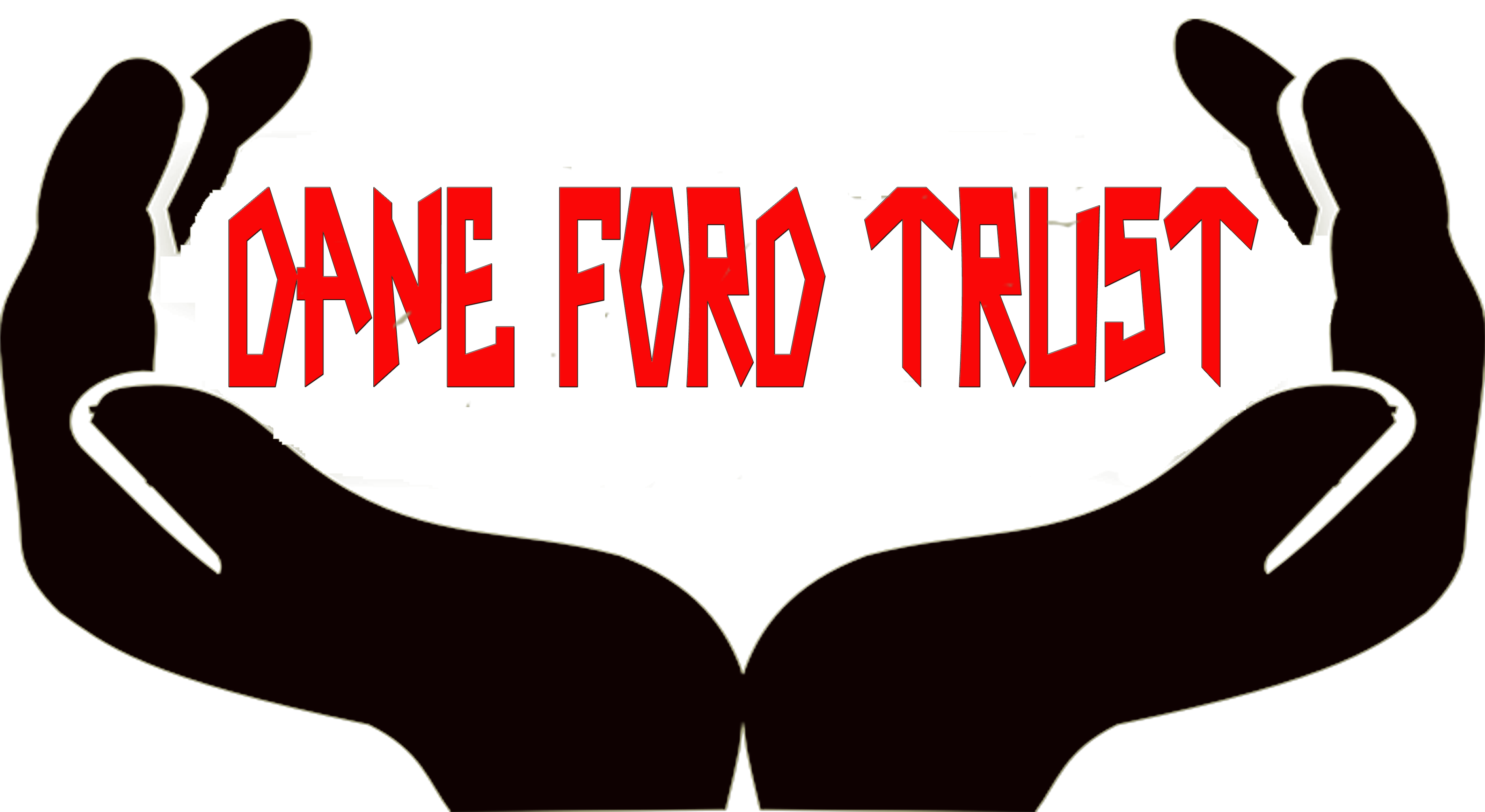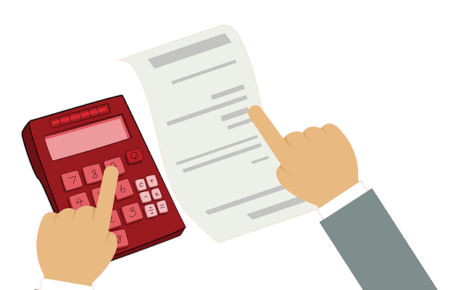One makes the biggest financial decision and financial transaction when the person decides to buy a house. Arranging for funds is a crucial part of this whole process. One of the easiest ways to get funds is taking a loan against property. Loan against property is the best type of a loan especially when you need money a big sum of money and immediately. When you apply for a loan, the bank has all the rights to reject or accept the loan. In case your loan is rejected, the bank may or may not tell you the reason for rejection, in most of the cases they don’t. So, here is a lowdown of reasons which can get your loan against property application rejected:-
What is a loan against property?
A mortgage loan is a debt instrument where the immovable property of the buyer secures the loan. Under Mortgage loan, the borrower gets the credit from the bank or financial institution by pledging the property until he pays back the loan and interest amount. A mortgage loan is also known as a lien against property or claim against the property.
1. Value of the property
In this type of loan, the value of the property plays an important role. If even your property is government approved, the age of the property determines the tenure of the loan. For instance, if your property is 20 years old, then you can only get a loan for a maximum of up to 10 years.
2. Condition of the property
Bank evaluates the property after assessing the condition of the property. Even if the property is old but recently renovation or reconstruction has been done, then it is beneficial for a borrower. If a property is in poor condition then your loan might get rejected as that property doesn’t have a good resale value.
3. Incomplete documents
Government-approved documents related to your property are must if you apply for a loan against property. Lenders do not approve a loan for a property which is not authorised by a local body or an agency. People have properties which are inherited but they don’t have title deeds of the property then your loan application might get rejected as it is important to have it, as it is a document constituting evidence of a right, especially to ownership of property. In case your documents are lost then you should apply for them again and when you get the documents then apply for a loan.
4. No discrepancies
Make sure that there are no deviations from what you have committed about the property and what your property is. When a lender’s representative comes to evaluate the property, they assess it very carefully, even if they find slightest of a deviation then they might reject the property.
5. Ownership should be clear
If you have pledged a property which is co-owned by your sibling then you must assure that either they become a co-applicant in a loan or they sign on an agreement which states that they are no longer the owners of the property in question. This is done to avoid the family disputes which can appear in future.
6. Property should be on your name
If you pledge a property which is on your father’s name, mother’s name or any others then your application will get rejected. Apply for a loan against property, if you own the property you are pledging for. It is worth mentioning that an unmarried daughter cannot place her father or mother’s property as collateral
Read More :- Reverse Mortgage Loan
7. Steady income
If you apply for a loan against property it is important to have filed income tax returns (ITR) for at least 3 years. However, if you filed ITR in the last one year and submit the supporting steady income document then your loan might not get rejected. It is important to produce steady income documents in front of a lender.
8. Low credit score
If your credit score doesn’t meet the cut off line decided by your lender then your loan might get rejected. However, the cut off the range in loan against property is not higher when compared to other unsecured loans, but to avoid rejection your score must be under that category.





